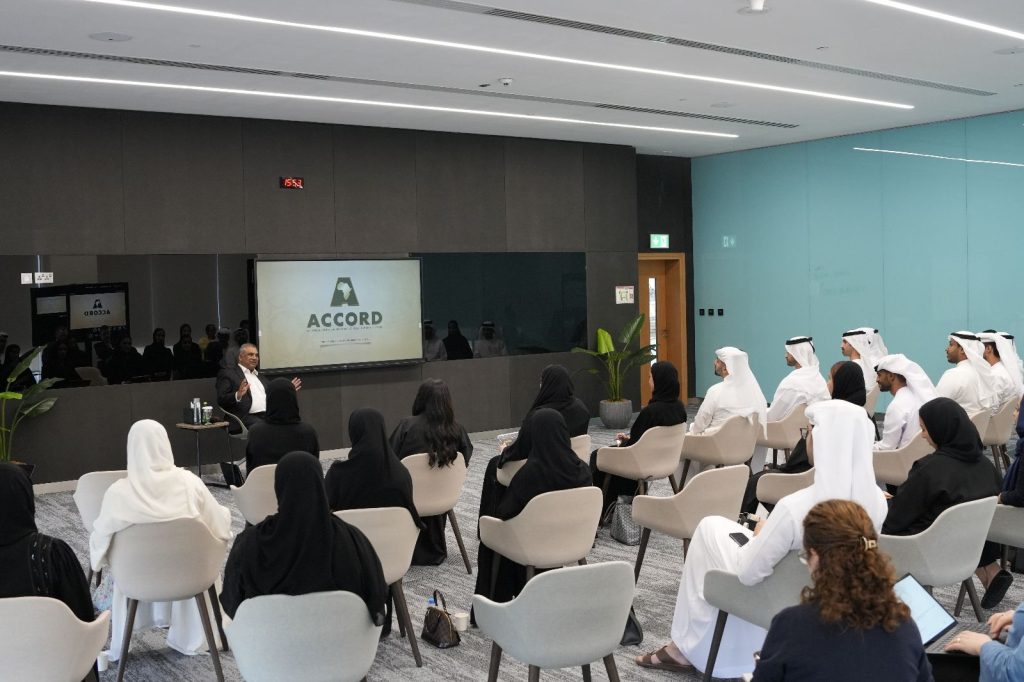South Africa has done exceptionally well, as a fledgling democracy, to inculcate values of tolerance and coexistence, thereby earning herself the popular title of “rainbow nation”. To reflect on developments since 1994, ACCORD’s Knowledge Production Department hosted an Internal Staff Seminar on 4 April 2012 with an internationally recognised academic Professor John Daniel, former Professor of Political Science at the University of KwaZulu-Natal.
In his presentation, Prof Daniel started by chronicling the 1990s era of conflict which beset not just South Africa but the whole of Southern Africa. He explained the then unstable, violent and unpredictable transition from apartheid, which was characterised by deaths, displacements, torture and destruction. Analysing South Africa’s eighteen years since the end of apartheid, Prof Daniel opined that the country managed to remain intact, growing a sense of national identity, loyalty and patriotism. Besides consolidating democracy by way of six national elections whose results have always been accepted, Prof Daniel believes that fears of secession, which were propagated by the Natal and Cape provinces towards the end of apartheid, are gone. He also commended the country’s poverty reduction programmes, deploring, however, the fact that the programmes have not managed to narrow the economic disparities in society. Prof Daniel capped his presentation by highlighting what he considers to be threats to constitutional democracy and parliamentary sovereignty, arguing that the country might be gradually adopting the democratic centralism approach
Professor Daniel has wide experiences, not just in lecturing in political science at various universities in South Africa and abroad, but also from his exposure during his engagement with the Human Sciences Research Council (HSRC), where he was a researcher in governance and democracy. His two-year secondment to the Truth and Reconciliation Commission deepened his understanding of South Africa’s political dynamics.
ACCORD’s Internal Staff Seminars have become a forum for interacting and sharing knowledge among the organisation’s staff, as well as interacting with other academics and practitioners within the broader context of conflict management and transformation.






